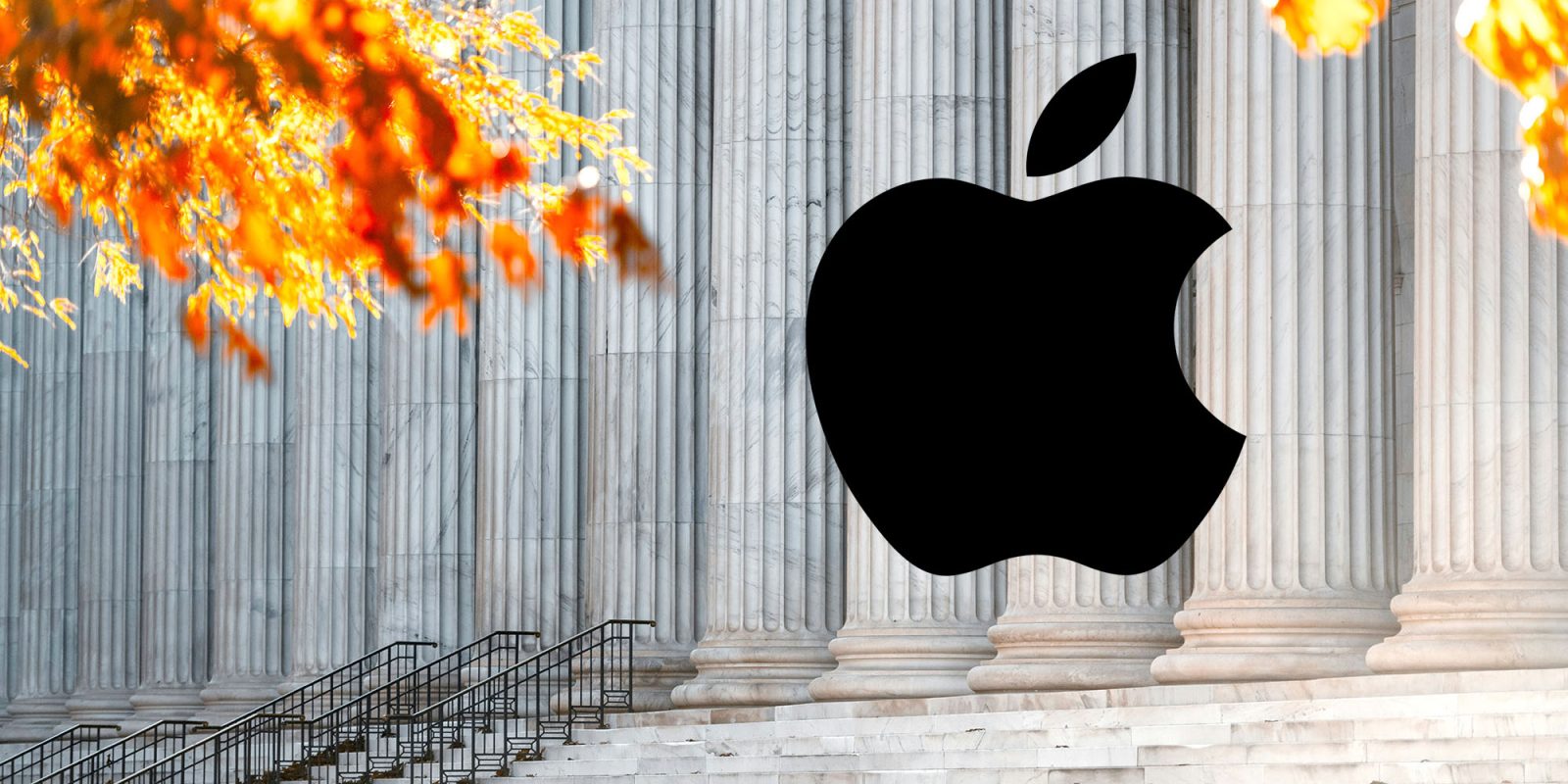
Apple has its share of frenemies, and Meta is certainly one of them. Though the two companies have a mutually beneficial relationship, they have often found themselves in deep points of conflict. The latest drama? Per The Wall Street Journal, Meta lobbied to make Apple a responsible party in a child safety bill, but Apple’s own lobbying got it off the hook.
Apple opposed making ‘app stores’ responsible for age verification
The child safety bill, based in Louisiana, sought to impose new rules for apps like Facebook and Instagram. It focused on age verification, requiring for strict age verification from apps in response to reported negative health effects of social media apps on youth.
Louisiana legislator Kim Carver was the driving force behind the bill, and faced the brunt of Apple’s opposition to its later amendment.
Jeff Horwitz and Aaron Tilley at The Wall Street Journal (Apple News link):
The original legislation made no mention of Apple. But during Carver’s discussions with various tech companies, a lobbyist for Meta—one of the bill’s primary targets—made a case for requiring Google and Apple’s app stores to flag minors. Both companies collected such data about the owners of a device, the lobbyist argued, and sharing it would make it easier for apps to identify children on their platforms.
[…]
An Apple lobbyist responded with a flurry of text messages, declaring the provision a “poison pill from Meta” and forwarding news stories about allegations that Meta has failed to protect children, Carver said. He described Apple’s outreach as “all day, every day.” In a series of conversations, Apple’s lobbyists and staffers made clear the company would fight any effort at age-gating.
Despite Apple’s opposition, however, the bill actually passed on the house floor. It was unanimous.
However, before the legislation could be voted on by the Senate, a key committee had to put it up for a vote. That committee is where Apple prevailed. Though no one on the committee would comment to the WSJ, it ultimately had its mention of app stores as responsible parties removed.
Apple’s stance is that this is a privacy issue, and that’s why it opposes efforts to make the App Store responsible for age verification.
An Apple spokesman said that websites and social-media companies are best positioned to verify a user’s age and that user privacy expectations would be violated if the company was required to share the age of its users with third-party apps. Apple provides tools that allow parents to control the devices of their children, the spokesman said.
9to5Mac’s Take
This is an especially fraught situation for all the companies involved. I understand the argument that age verification would be more effective when done at a system level, such as with an App Store-wide, Apple-created system.
Perhaps implementing such a system today would be a threat to user privacy. But can Apple create a privacy-friendly system where that’s not an issue? It has shown over the years that it’s capable of making privacy a priority even when other companies don’t.
FTC: We use income earning auto affiliate links. More.




